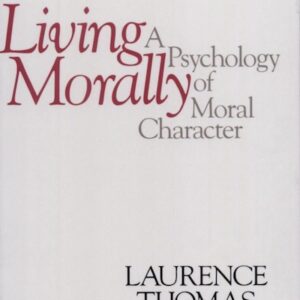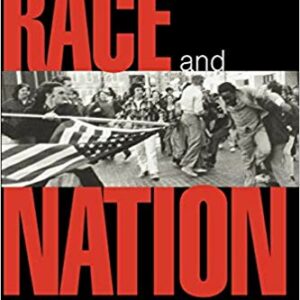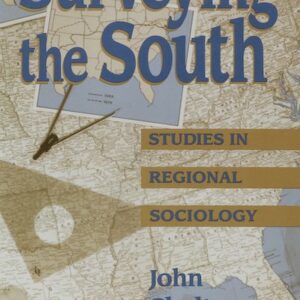
Living Morally: A Psychology of Moral Character
By Laurence Thomas (NHC Fellow, 1982–83) Laurence Thomas addresses two main questions in this philosophical exploration of morality: What constitutes a moral life? How does one acquire and maintain a good moral character? In answering these questions, he maintains that social interaction is the thread from which the fabric of moral character is woven, and … Continued





